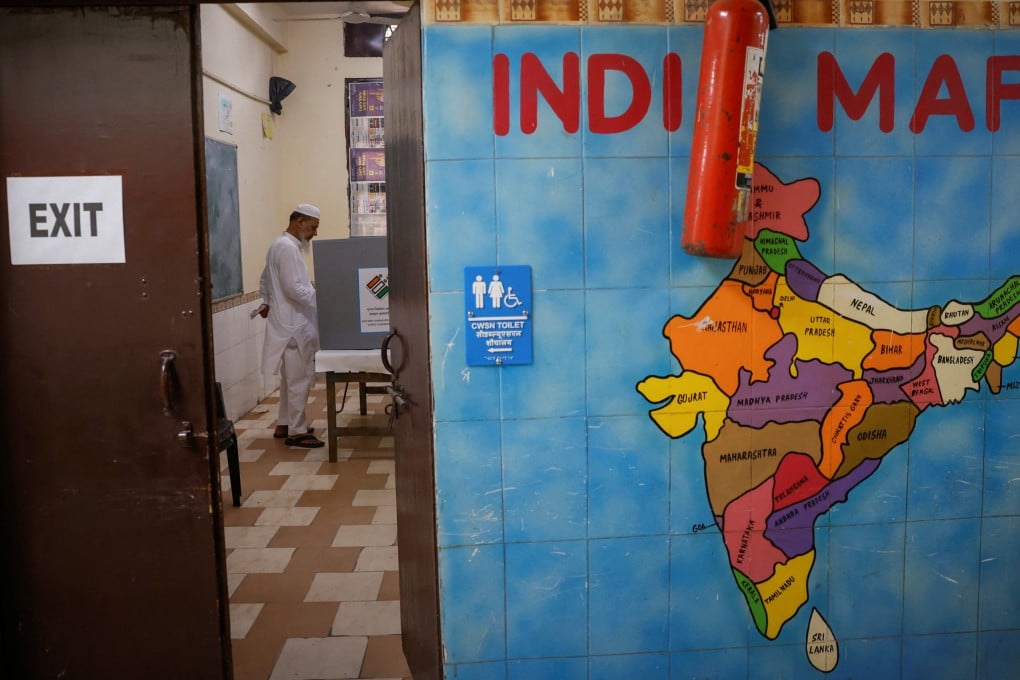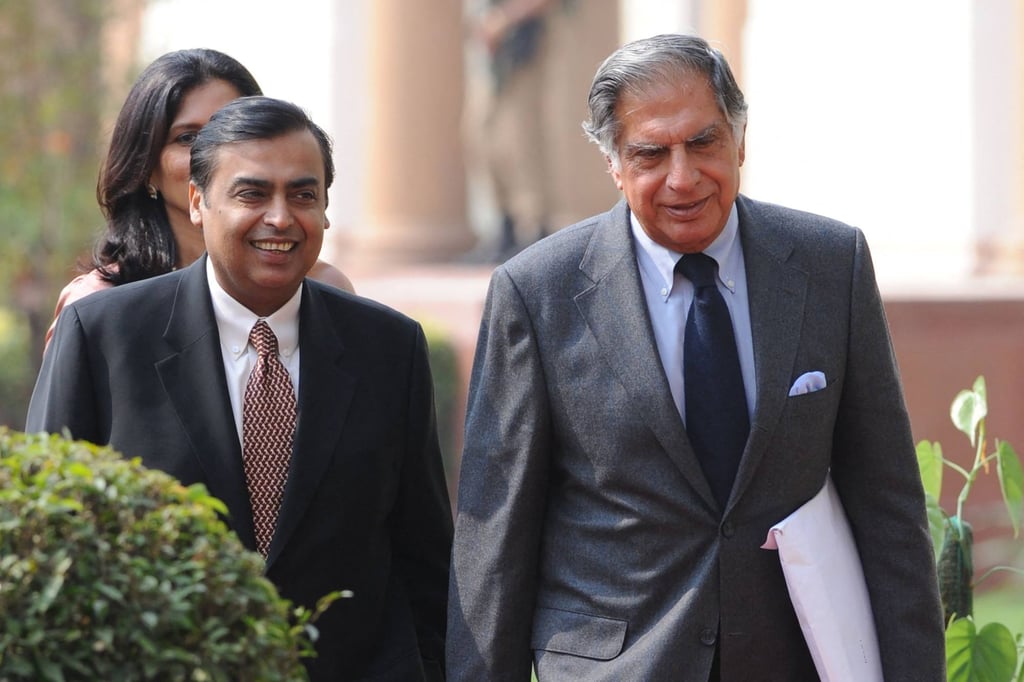My Take | India needs to honour Ratan Tata’s legacy with transparent funding of polls
An overhaul of the funding process and seat distribution in constituencies is needed to weed out ‘crony capitalism’ in Indian politics

The death of billionaire industrialist Ratan Tata, 86, earlier this month plunged India into gloom because he brought a rare combination of philanthropy, ethics and business acumen – an anachronism in today’s world where the influence of big business on governance is well known.
Throughout the 1990s, the Tata group’s insistence on playing by the rules meant its proposed joint venture with Singapore Airlines in India’s airline industry had stumbled under an Open Skies policy, even if the group was originally the founder of flag carrier Air India.
The Tata group had to wait until 2015 when its aviation venture Vistara finally took off, and subsequently acquired debt-ridden Air India in 2022. Ratan Tata, who espoused nationalism, enjoyed a personal rapport with top political leaders without any taint being cast on him about propriety.
Tributes poured out for Tata on his death for the legacy he left behind, but the question that looms before the world’s largest democracy is whether it can be cemented for future generations by building a transparent process that weeds out what is being called as crony capitalism.

Two of Asia’s richest tycoons, Mukesh Ambani and Gautam Adani, emerged as a flashpoint in India’s general election, with the opposition Congress party and the ruling Bharatiya Janata Party accusing each other of having close ties with the businessmen.
